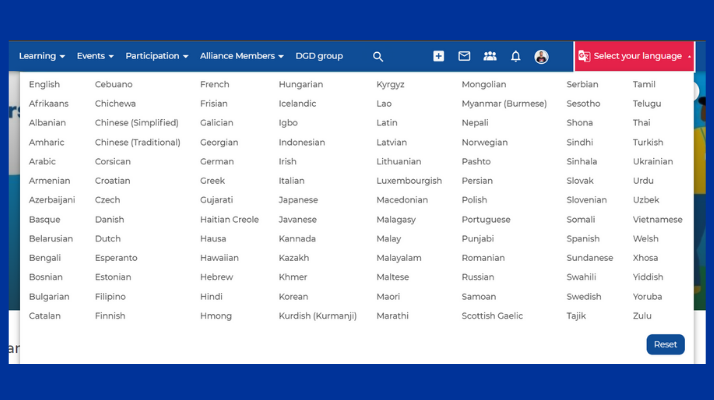Acknowledgements
Family for Every Child Alliance Members from ten countries spanning four continents contributed their practices to this toolkit. They are FOST in Zimbabwe, CINDI in South Africa, CAP in Liberia, CSID in Bangladesh, ChildLinK in Guyana, FISD in Sri Lanka, Praajak in India, CONACMI in Guatemala, ACD in Bangladesh and JUCONI in Mexico.
The toolkit was written by Deepti Pande. Lopa Bhattacharjee, Amanda Griffith and Georgina Etheridge provided critical feedback and input on the draft and Estefa Morera provided Spanish translation support. Jane Belton edited the toolkit for which we are extremely grateful.
We also thank and acknowledge the innumerable children, families and communities from around the world who engaged in the implementation of these practices.
This toolkit was published in January 2022. It has been developed with funding support from The Oak Foundation and Tides Foundation.
How to read the Toolkit:
Use the auto-translation feature to access the Toolkit in your preferred language. Simply switch between the pages or go straight to the page of your interest by accessing the menu on the right-hand side.

The Toolkit is available to download in full at the bottom of this page in English and Spanish. Sinhalese and Bangla versions will be added very soon. You can also download each practice example case study separately as you go through the toolkit on this platform.
Please be aware that the translation of the attached downloadable documents is likely to be more accurate than the Changemakers auto-translation on these landing pages.
Community of Practice on Prevention of Domestic Violence
The UN has described violence against women as a ‘shadow pandemic', having increased significantly since the start of the COVID-19 outbreak. As an alliance of organisations working on the front line with children and families around the world, our first-hand experience has unfortunately shown that this shadow pandemic also applies to children, who can be both directly and indirectly affected by domestic violence.
We believe it’s vital to extend this to consider how domestic violence affects whole families, including children, and this is why we launched this Community of Practice. Join this space to meet and connect with other professionals working with the prevention and response to domestic violence, find and share resources analysing the impact of COVID restrictions on children's care, exchange examples of good practice, and campaign for improved policy and practice for vulnerable women, girls and boys.
Join the Community of Practice
